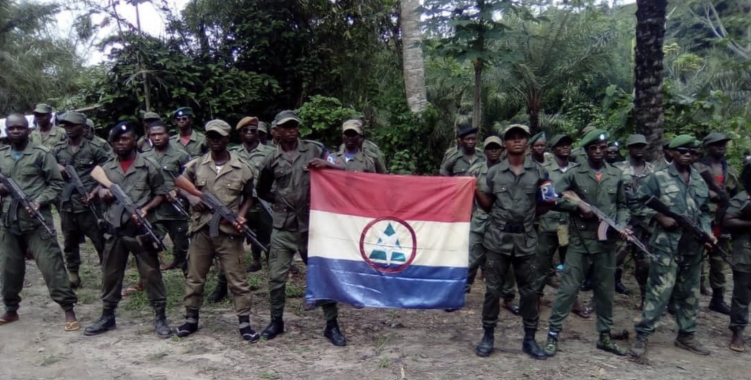The independence movement in the province of Cabinda, in the north of the country, in a statement, accuses the Angolan army of killing three Cabindan civilians, in the early hours of this Wednesday, on the Mbaka-Nkosi border, in the Democratic Republic of Congo (RDCongo) with complicity of military personnel from this country.
According to FLEC-FAC, in addition to these victims, on Monday two young people from Cabinda were also killed by Angolan soldiers in the village of Kiphata, in Lukula, "under false accusations of being military infiltrators of FLEC-FAC".
Independentists ask the UN Secretary-General, António Guterres, to take a "firm stance" in relation to the "Angolan Government's policy of ethnic cleansing" against civilians living in the vicinity of Mbaka-Nkosi.
"We request the Secretary-General of the United Nations and the High Commissioner for Human Rights to condemn the ongoing Operation NGEMBA, launched by the Angolan Armed Forces and the Armed Forces of the Democratic Republic of Congo against the Cabindan population on the border between Cabinda and DRCongo", they say in the statement.
For FLEC, the "silence" of the United Nations on these crimes "compromises the credibility of this organization" and regrets, on the other hand, that the Government of DRCongo allegedly tries to "minimize these deadly events using fallacious and incoherent arguments".
FLEC has been fighting for the independence of the territory, where much of the country's oil comes from, for several years, claiming that the enclave was a Portuguese protectorate – as established in the Treaty of Simulambuco, signed in 1885 – and not an integral part of the Angolan territory.
The Government normally refuses to recognize the existence of soldiers killed as a result of guerrilla actions by independence activists, or any situation of instability in that northern province of the country, always affirming territorial unity.







